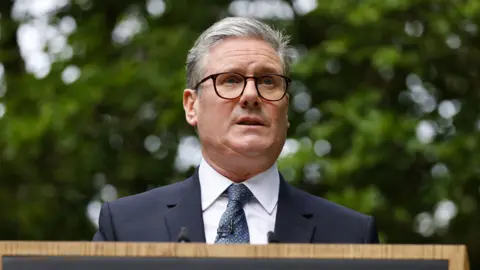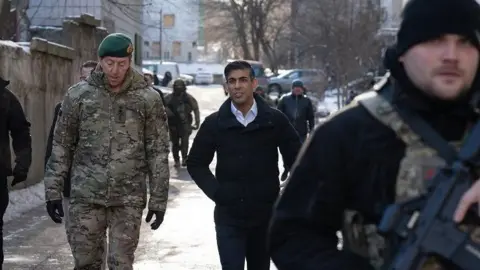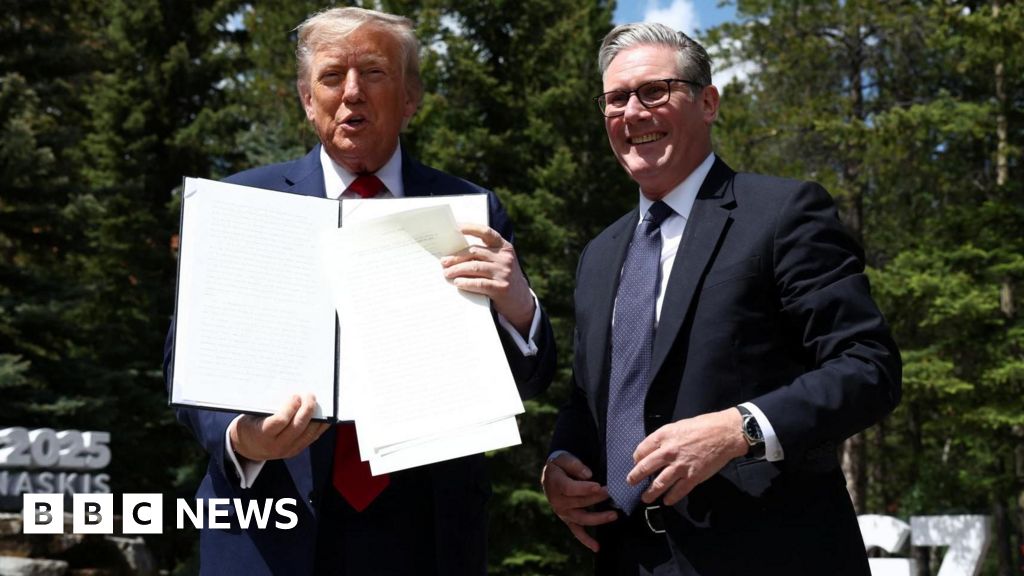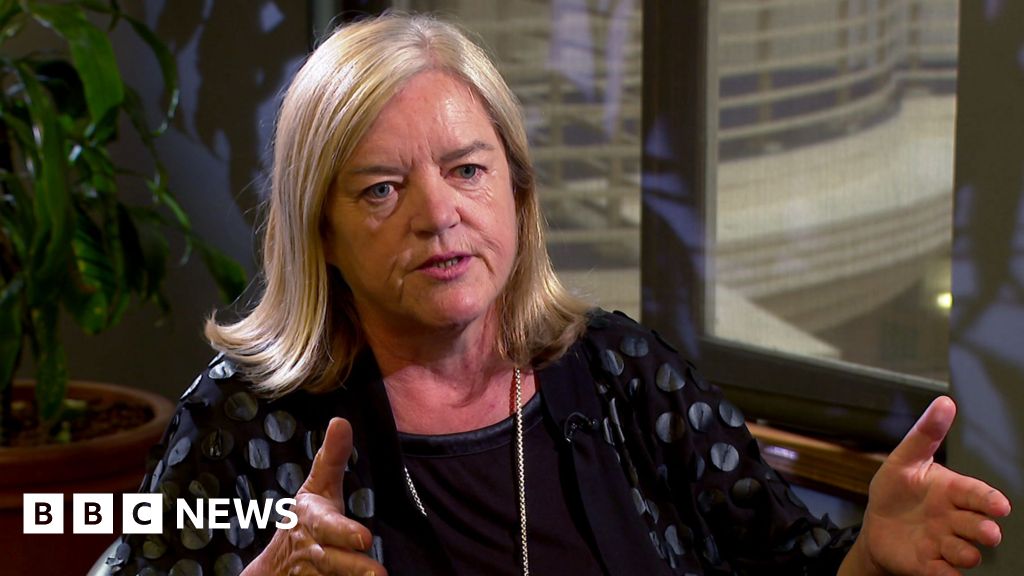ARTICLE AD BOX

 EPA
EPA
Sir Keir Starmer has defended the government's approach to recruitment following Conservative accusations of cronyism over jobs.
It follows a series of appointments of Labour-linked figures into official positions under fast-track procedures.
The prime minister said his government was keen to bring in the "best people" as quickly as possible after returning to power last month.
He added he would not "take lectures" from the Tories, accusing them of having "dragged our country so far down in the last few years".
He also defended giving a Downing Street pass to Labour's biggest donor Lord Waheed Alli, after the decision was revealed by the Sunday Times.
Speaking to reporters after a speech in the Downing Street garden, Sir Keir said the peer - who was appointed to the House of Lords by Tony Blair in 1998 - was a “long-term donor and contributor” to the party.
He added that he was given a temporary pass that has now expired, adding it was to help with "transition work" for the new government.
The prime minister was also asked about the wider issue of political recruitment following scrutiny over a number of appointments in recent weeks.
This includes hiring Labour donor Ian Corfield into a Treasury role to help deliver an investment summit in October. It is understood his role will now be unpaid, following a row over his appointment earlier this month.
A researcher at a Labour-linked think tank has also been recruited into a senior Civil Service role, as has a former consultant at a lobbying firm that paid for her to be seconded to the office of Technology Secretary Peter Kyle when Labour was in opposition.
It is understood all three were hired under a fast-track route that can be used to employ taxpayer-funded officials in certain circumstances, such as when they have “highly specialist” skills or are being hired for short-term roles.
So-called "exceptions" to the normal rules have been granted more than 100 times in the past year.
Asked about the row over appointments, Sir Keir replied: "These accusations are coming from the very people that dragged our country down in the first place.
"We are going to fix the foundations, we've got to do it at speed and I'm determined to have the right people in the right places to allow us to get on with that job.
"I'm enormously aware of how big a task this is and how we have to move at pace, and that's why we're getting the best people into the best jobs.
"But I'm not really going to take lectures on this from the people who dragged our country so far down in the last few years."

 Getty Images
Getty Images
Rishi Sunak and Major General Gwyn Jenkins visiting Kyiv in January this year
The prime minister refused to be drawn on his decision to restart the process to appoint a new national security adviser.
The government announced in April that Rishi Sunak had appointed Major General Gwyn Jenkins to take up the role this summer, replacing Sir Tim Barrow.
But, as first reported by the Guardian, Downing Street has now taken the decision to cancel the appointment and start the hiring process again.
The prime minister confirmed the job search was being re-run, adding there would be an "open and transparent process" to fill the role.
He declined to say why General Jenkins has been removed from the job.
"I'm not going to publicly discuss individual appointments," the PM added.

 9 months ago
28
9 months ago
28








 English (US) ·
English (US) ·